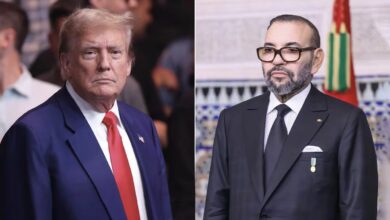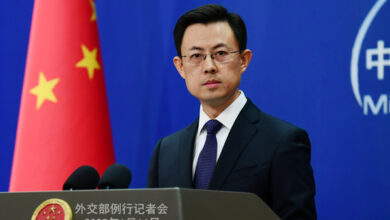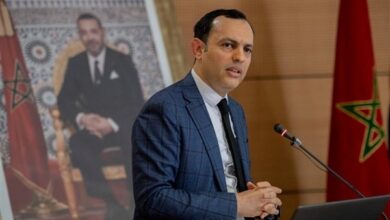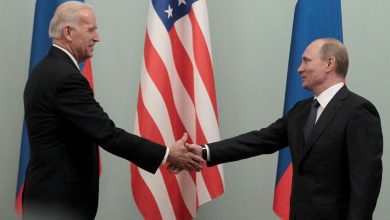Mali and Nigeria: The Central Role of Morocco in the Strategies of the Sahel and West Africa
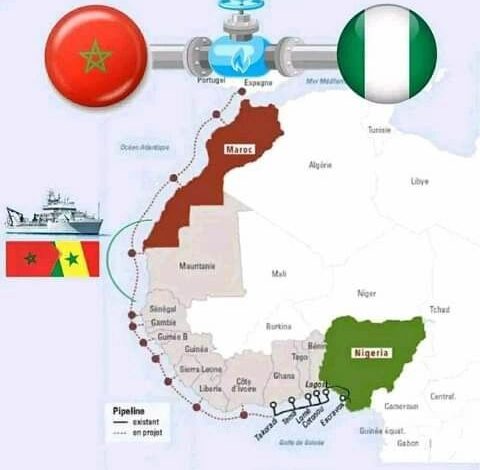
ALDAR /Analysis
Both Mali and Nigeria are cornerstones of Morocco’s foreign policy towards the Sahel and West Africa regions, representing the heart of the Moroccan strategy aimed at strengthening its political and economic presence in these vital areas. This pivotal role has become increasingly apparent since the 2011 constitutional amendment, which emphasized the necessity of enhancing relations with African countries, particularly those in the Sahel and Sahara regions, thus establishing these nations as key pillars in Morocco’s sub-Saharan policy.
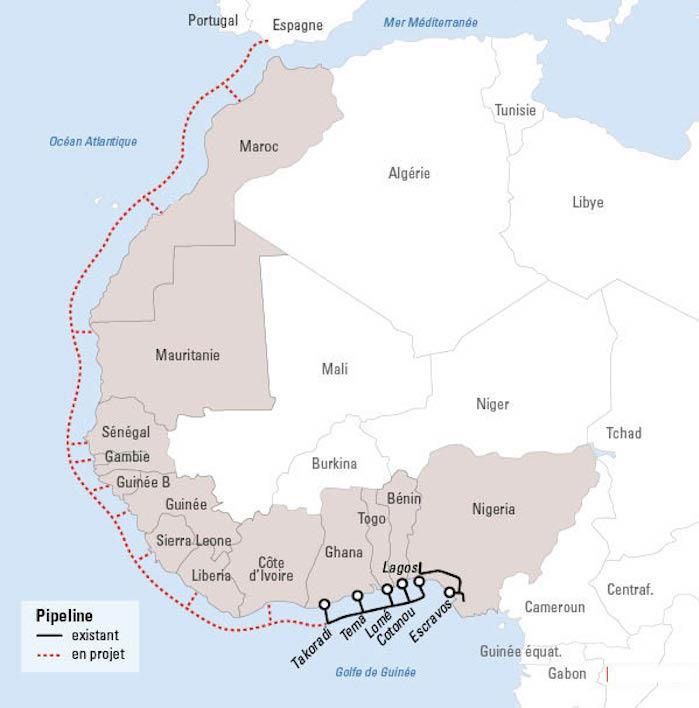
This strategic orientation has been embodied through various initiatives, most notably the Crans Montana Forum held in Dakhla, which presented a new vision for the region under the slogan “Dakhla, the Gateway to Africa.” This vision went beyond symbolism to become real, strategic projects, including the construction of the Dakhla port, the development of a connectivity network between the Sahel and the Atlantic Ocean, and strategic energy projects such as the gas pipeline. All these projects reflect Morocco’s desire to establish deep economic partnerships with its African neighbors.
The strategic relationship between Morocco, Mali, and Nigeria is not limited to political stances related to the Western Sahara issue but extends to vast economic opportunities in energy, mining, and natural resources. Mali and Nigeria possess rich resources that align with Morocco’s economic needs and open the door to expanding investments and large projects that contribute to regional stability.
Historically, these countries share deep ties with Morocco dating back to the pre-colonial era, where regions like Azawad in northern Mali and Kano state in Nigeria were under Morocco’s political and spiritual influence. This historical legacy strengthens Morocco’s position in fostering relations with these areas, also reflecting the legitimacy of Morocco’s policy in this geographical space.
Within this context, the option of autonomy in Western Sahara emerges as a strategy not only aimed at resolving the regional conflict but also at building new regional alliances, especially with countries like Mauritania. This model could represent a step toward the creation of flexible regional blocs that support cooperation between the Sahel and Maghreb countries.
On another front, the Nigerian-Moroccan gas pipeline project is a major turning point in the region, enhancing energy security for the Sahel and West African countries and offering significant opportunities for sustainable economic development. By integrating Nigerian gas with Moroccan phosphate, the region’s countries could achieve self-sufficiency in energy and food sectors, improving the use of local resources rather than exporting them in raw form.
Security-wise, Morocco leverages its extensive experience in dealing with security and terrorism challenges, such as those posed by armed groups in the Sahel region. By providing these countries with the necessary expertise, particularly in irregular warfare, Morocco strengthens regional defense capabilities, contributing to regional stability. Additionally, Morocco collaborates with countries like Israel and India to develop local defense industries suited to the geographical and security challenges of these regions.
Economically, Morocco is expanding its financial influence in the region through the development of a regional financial network starting from Casablanca, which has become a leading financial hub in Africa. This network includes banks, insurance companies, and stock markets, further enhancing Morocco’s position in African financial markets.
Regarding competition with Algeria, Morocco adopts a pragmatic approach, not viewing it as an enemy but as an economic opportunity to expand trade cooperation. In contrast, Algeria finds itself in a weak economic position, lacking the financial infrastructure to expand in Africa.
In this context, the visit of Mali’s Foreign Minister to Morocco is an important step toward strengthening cooperation between Sahel countries away from traditional influences. This visit carries strong symbolism, indicating Mali and the Sahel countries’ desire to move towards building new strategic alliances with Morocco, free from past hegemonies.

